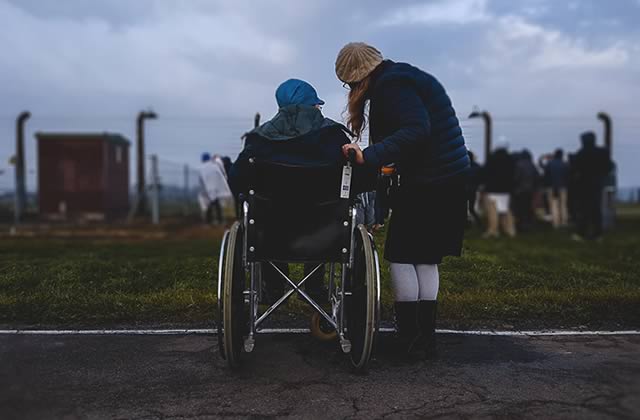This is an investigation with worrying conclusions. According to a study by Unapei, the National Union of Associations of Parents of Disabled Children, parents of children with disabilities see their mental health worsening.
In the study published on Monday 2 October, the association network, which has 900,000 members, carried out a survey among 3,940 parents of people with disabilities, in collaboration with Planète Publique.
95% of parents interviewed are worried about their children’s future
The association warns: “ The disability of loved ones helped generates strong impacts on the health, morale and professional life of the parents who help them. (…) Their feeling of exclusion and isolation, their worries about the future are very important. »
Read also: Parenting with disabilities: “In the eyes of society we are already incapable of taking care of ourselves…”
In fact, 95% of the parents interviewed are worried about their children’s future, particularly after their passing. For Unapei, this omnipresent anxiety underlines” the lack of support solutions, the lack of professionals, the absence of relief/relay solutions “. Because faced with the few solutions provided to them, 57% say they feel isolated. Only 43% say they are happy in their lives, compared to 68% of parents of able-bodied children.
“ I ask the public authorities to listen to their competence in life, their tiredness, their exasperation. It is no longer possible to let them isolate themselves and build walls of anger and anguish » then recommends Nadine Maudet, Vice President of Unapei. To facilitate the daily lives of these parents in difficulty, we want to create “after-parents” support services to anticipate all the procedures related to their passing and guarantee lasting and quality support for their loved ones, when they will no longer be there.
Most caregivers are women
The study also reveals that most of the parents who care for them are women, about 80%and their average age is 56 years old. Their main request: take more care of the well-being of their children.
To improve their quality of life, Unapei calls for the development of medical and social support offers, as well as local services for people with disabilities. The association also requests that the needs and expectations of these parents be assessed. regularlyin addition to the support offered for carrying out administrative, consultancy or support procedures.
“ We are waiting without bending that society is committed to ensuring that our lives are not reduced to a daily life of permanent carers, to successive sacrifices, and that the utmost attention is given to our loved ones with disabilities. Because this is fairness » concluded Nadine Maudet.
The future of Numerama is coming! But even before that, our colleagues need you. Do you have 3 minutes? Take their survey
Source: Madmoizelle
Mary Crossley is an author at “The Fashion Vibes”. She is a seasoned journalist who is dedicated to delivering the latest news to her readers. With a keen sense of what’s important, Mary covers a wide range of topics, from politics to lifestyle and everything in between.





.png)